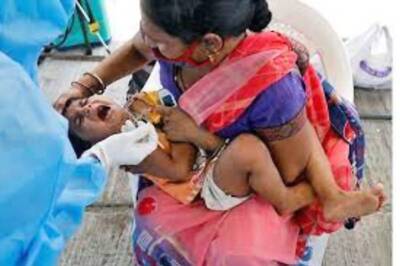
views
HYDERABAD: As a government school teacher in the city, Sharada (name changed) was given the respect her profession deserved by people around her. But at home, she was a victim of domestic violence.Her husband, a raging alcoholic used to abuse her sexually and also beat her. Unable to bear the assaults further, Sharada approached the police in 2008 and registered a case under the Protection of Women from Domestic Violence Act, 2005.The case was taken up by Sannihita, a women’s protection cell in the city and was solved after two years of intense counselling of the husband. “The husband stopped consuming liquor,” said V Usha Rani, director of Sannihita.Sharada is one among thousands of women in Andhra Pradesh who are subjected to domestic violence in their everyday life.But since the enforcement of the Act in 2005, these women have come out more.In 2009, 2,710 cases were registered with the women and child welfare department, the highest number till now. Last year there were 2683 cases, while 2008 and 2007 saw 2267 and 1979 cases being registered.The data also revealed that the highest number of cases were recorded from Krishna district followed by Kurnool, Hyderabad and Prakasam.But women’s organisations say that still only two out of nine cases are reported.While some of these cases are solved via counselling or compromise, a few take the legal course if the victim files a criminal case.“The PWD Act is better than Section 498a (antidowry law) of the IPC because it is more stringent,” Usha Rani said.However, the case registered will be dependent on the victim’s statement, said Mahesh Bhagwat, joint commissioner of police (administration).“The case can either be registered as a criminal case or if the victim prefers counselling, it can be done through counsellors at the women's police stations,” Bhagwat added.However, the conviction rate in domestic violence cases against women is very low. Data shows that in 2010, 2007 and 2008 saw only one being convicted.“The low conviction rate is mainly due to cases being delayed for three to four years. Meanwhile, the victim sometimes changes her statement,” Bhagwat said.




















Comments
0 comment